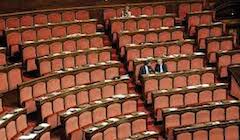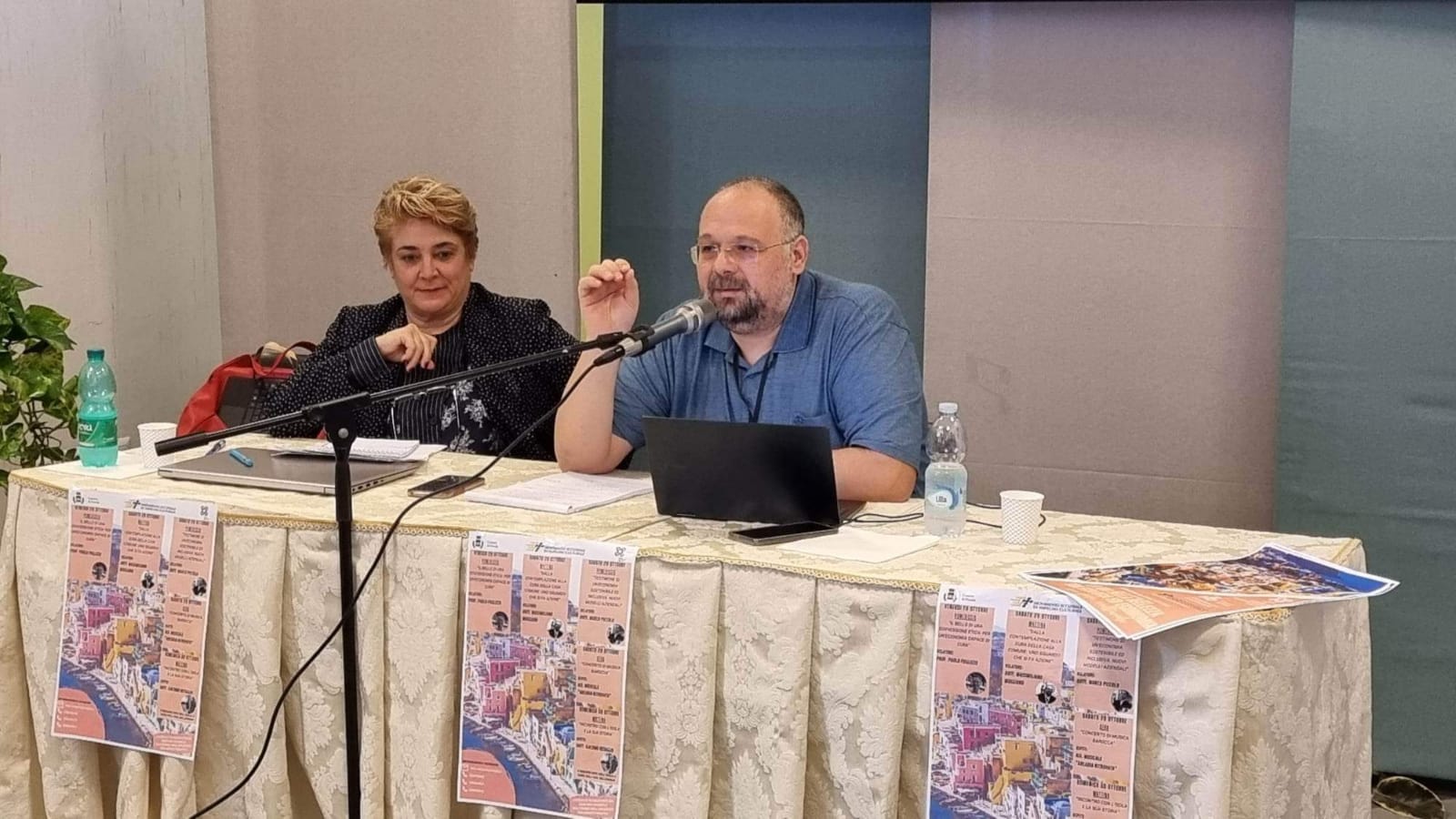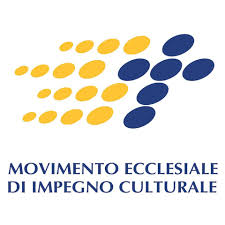An emptied parliament and the risks of a democracy that no longer looks to rights
 The approval of the budget law by the Italian Parliament raises very deep concerns because of a legislative process that appears to be compromised and distorted in substance in relation with the provisions of the constitutional order of the Republic. A number of independent institutions, including the Committee for Legislation of the Chamber of Deputies, have found in the structure of the law and in the procedure followed to be profound problematic issues regarding the provisions of our institutional system. Many constitutionalists have pointed out that Article 72 of our Constitution requires the two branches of Parliament to carefully examine the draft laws that are submitted to the attention of parliamentarians, in order to ensure a deliberative process that allows the necessary weighting of those that should become normative texts and to allow a discussion that, through the vehicle of elected representatives, allows the different components of the country to be involved in the political and institutional process. The failure of this process, which is hidden by the urgency of avoiding the temporary exercise of public finances and by the discussion regarding the content of the budget law, is a fact of particular importance and institutional gravity.
The approval of the budget law by the Italian Parliament raises very deep concerns because of a legislative process that appears to be compromised and distorted in substance in relation with the provisions of the constitutional order of the Republic. A number of independent institutions, including the Committee for Legislation of the Chamber of Deputies, have found in the structure of the law and in the procedure followed to be profound problematic issues regarding the provisions of our institutional system. Many constitutionalists have pointed out that Article 72 of our Constitution requires the two branches of Parliament to carefully examine the draft laws that are submitted to the attention of parliamentarians, in order to ensure a deliberative process that allows the necessary weighting of those that should become normative texts and to allow a discussion that, through the vehicle of elected representatives, allows the different components of the country to be involved in the political and institutional process. The failure of this process, which is hidden by the urgency of avoiding the temporary exercise of public finances and by the discussion regarding the content of the budget law, is a fact of particular importance and institutional gravity.
What we are witnessing is the end point of a deterioration of the parliamentary institution, which has historical roots in the crisis that affected our country between the 1980s and 1990s, and which has seen a progressive reduction in the centrality of Parliament in favour of a legislative role for the government, through an increasingly widespread use of emergency decrees and delegated legislation. It was a trend followed by all the governments that have followed one another since 1994 that impoverished the public debate in a historical phase in which a renewed centrality of Parliament in the processes of reforming the social, economic, institutional and political structures of the country would certainly have reconstructed a sense of closeness between citizens and institutions whose disappearance we are now seeing and experiencing the deepest and most lacerating effects.
The government’s decision to submit a budget law in a manner and timeframe that prevents Parliament from properly scrutinising it, is certainly in line with this progressive deterioration in our institutional life, which is suffering from missed and unfinished reforms. However, the case of these days marks a qualitative leap forward in this weakening of the democratic state. While the crisis of political representation is stronger, the choice is made to compromise that institution which should weigh up the laws and modify institutional relations, giving the government, through the instrument of trust and the annulment, de facto of the appropriate parliamentary process, a central role also in the exercise of its legislative function. It is astonishing that the promoters of this de facto modification of our institutional structure, carried out without any constitutional modification, are the responsible of the political forces that two years ago, on the occasion of the referendum on the reform of the second part of the Constitution, defended the need to return to Parliament its function of representation and its centrality in our institutional order.
In a historical passage in which tensions and divisions re-emerge, responding to often contingent needs and revealing the disappearance of a search for a public and common interest that in the conscience of the country seems to become more and more opaque, the rethinking of the representativeness of the parliamentary institution and its centrality represents an essential juncture for outlining a possible future. The possibility for Parliament to exercise its function within the freedom and limits that our Constitutional Charter recognises to it, represents a guarantee of freedom and at the same time outlines the features of an Italy that knows how to think and build the legislative instruments that make effective those rights and duties that are the programmatic heart of our being a political community. The choice made at the time of the approval of this budget law, jeopardising the centrality of the parliamentary institution, is at the root of this historical and political dynamic which is the raison d’être of our Republic.
Original text in Italian. trad PhL





Leave A Comment
You must be logged in to post a comment.